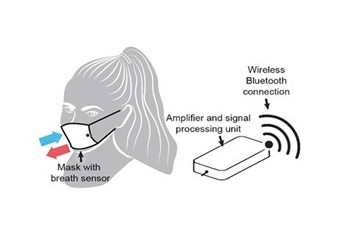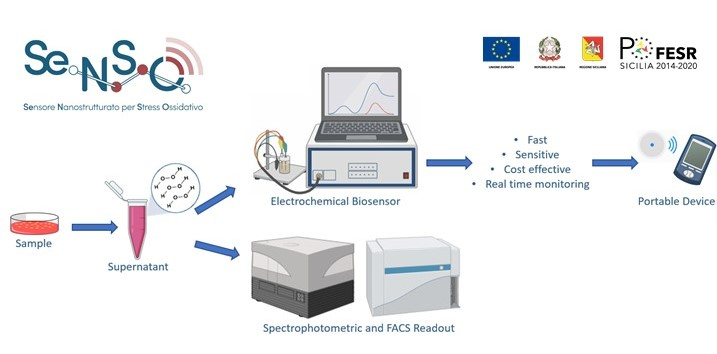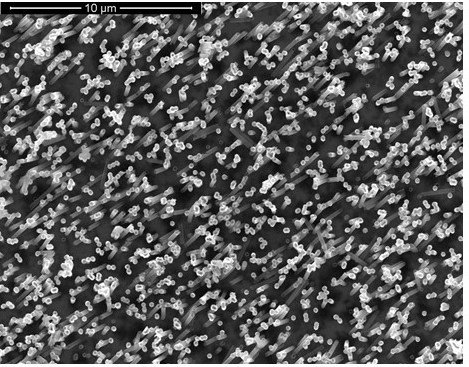
Development of nanostructured electrochemical biosensors for oxidative stress and inflammation monitoring
Abstract
The objective of the project is the development of electrochemical nanostructured sensors to monitor oxidative stress and inflammation parameters for biomedical applications and for research laboratories.
The project is carried out in collaboration with the Department of Engineering of the University of Palermo and the Institute of Translational Pharmacology of the CNR. Our team supports these projects with expertise in biochemistry and cell biology. In particular, our experimental models of inflammatory diseases are used for sensor testing and development. Furthermore, through the optimization of biochemical assays we support the sensor validation phases by providing alternative methods for the quantification of the analytes of interest.
Our team is currently involved in the development of three different sensors. The first is a sensor for the detection of hydrogen peroxide (H2O2) in the culture medium of in vitro/ex vivo cellular systems (Se.N.S.O project- P.O. FESR Sicilia 2014/2020).
We are also working on the development of an innovative and cost-effective miniaturized device for the non-invasive detection of H2O2 in respiratory exhalations (Se.N.SO.MA.R project- FISR 2020).
The third active project aims at developing an electrochemical immunosensor for the quantification of inflammatory biomarkers (such as cytokines and chemokines) in biological fluids (PON R&I 2014-2020).
Our goal, together with our clinical partners and engineers, is the development of innovative, robust, reliable and small-sized sensors for real-time monitoring of specific biomarkers of oxidative stress and inflammation in easily accessible biological fluids .
Pipeline
-
CLINICAL
NEED -
DISEASES
ANALYSIS - DISCOVERY
-
PRECLINICAL
VALIDATION -
PRECLINICAL
DEVELOPMENT -
CLINICAL
STUDIES
Principal Investigator
Contatto
Aree terapeutiche:
Prodotto:
Biomarcatori – Dispositivi biomedicali e Organi artificiali
Collaborazioni:
- Dipartimento di Ingegneria Chimica dei Processi e dei Materiali, Università degli Studi di Palermo;
- Istituto di Farmacologia Traslazionale (IFT) – Consiglio Nazionale delle Ricerche (CNR), Palermo, Italia
Scarica il pdf del progetto



